Our planet boasts spectacular beauty and incredible wildlife that should not only be cherished but also protected. Leave No Trace Outdoor Ethics is a worldwide philosophy dedicated to mitigating the recreational impact on the wilderness by the Leave No Trace Center for Outdoor Ethics.
Actually, the concept is attributed to the US Forest Service coined it in the 80s. Furthermore, the concept is defined by good decision-making, ethics, and skills crafted to ensure the outdoor world remains intact.
When recreational resources are well taken care of, the outcome will be more wildlife and beautiful vegetation for existing as well as future generations. Moreover, with the movement in place, there will be minimal damage to historic artifacts, clean water, minimal campfire effects, and reduced pollution. Let us delve into more details about this education.
What are the 7 principles of Leave No Trace?
The main goal behind Leave No Trace is to protect nature and leave it intact. In order to achieve this, the US Forest Service came up with seven principles. It is crucial to understand why each guideline is in place and how it is applicable in reality. Here is a detailed breakdown of the seven Leave No Trace principles:
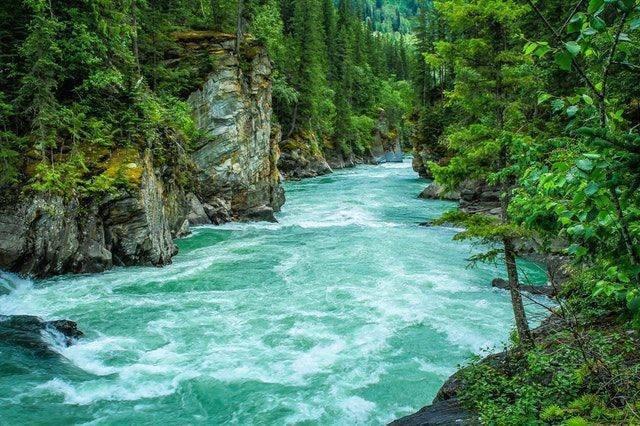
1. Plan Ahead and Prepare
Timely preparation excludes your hiking trip or time outdoors from avoidable problems. If you fail to plan accordingly, your outdoor fun will be ruined by shortcomings hence culminating in extreme fatigue or panic. With panic, you are prone to making poor choices that are likely to impact the wilderness negatively. Thus, you ought to carry the necessary hiking essentials in addition to getting familiar with trail conditions, trail info, park rules plus weather forecasts, and so on.
2. Travel and Camp on Durable Surfaces
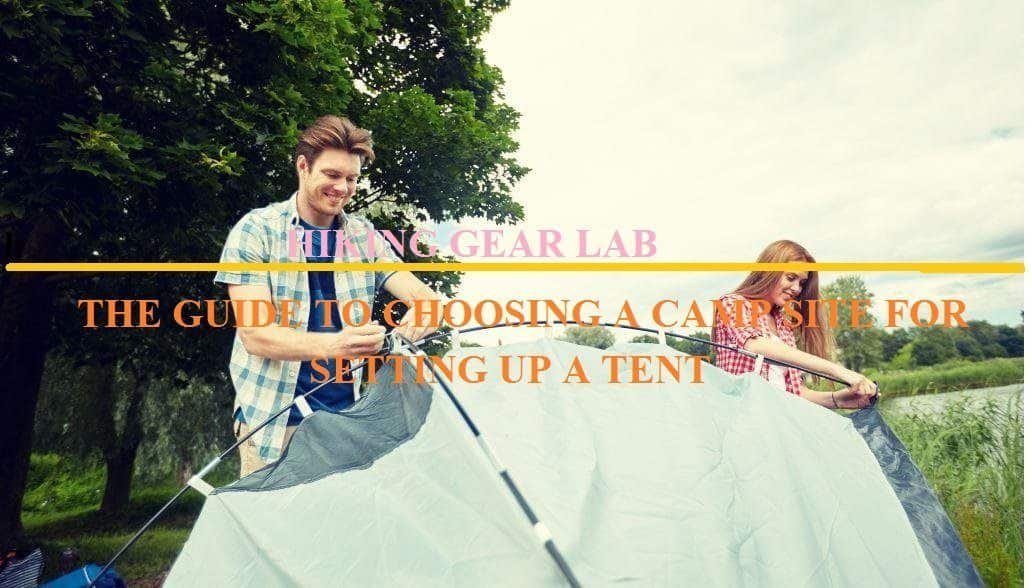
It is imperative to pitch camp or hike on resilient terrains such as established campsites, dry grass, snow, rock, and gravel. Still set up camp 200 feet from a large water body. The reason for all this is that some outdoor surfaces like marshes are fragile and incapable of withstanding a lot of impacts. Too much human activity will trample existing vegetation which takes longer to grow.
3. Dispose of Waste Properly
Always pack it out whenever you pack it in. Take care of all sorts of waste from rinse water to human waste. Why so? We all know what plastic does to the environment. Aside from that, wild animals can fall sick or die from eating waste. The same applies to plants. One effective way to take care of your waste is to utilize a pit toilet about 6 inches deep. Burning is not a great option since not all trash will be combusted. Just make sure all leftovers, litter, or trash is packed out at the end of your outdoor excursion.
4. Leave What You Find
You are welcome to take pictures but historical or natural items should not be tampered with. This is for obvious reasons. Someone else also needs to enjoy what nature has to offer. Likewise, it ensures that ecosystems are untouched. Rocks, plants, flowers, and historical artifacts belong where they are, you should not take them home. On top of that, shun digging trenches or cutting trees.
5. Minimize Campfire Impacts
The campfire is a camping ritual that has been around for a long. Yet the number of danger fires pose to the wilderness if wrongly handled cannot be ignored. You risk putting an entire ecosystem in flames by failing to put our campfire accordingly. However, you can avoid such a scenario by going for better substitutes such as mound fires, fire rings, and firepans. It is also safe to keep fires small.
6. Respect Wildlife
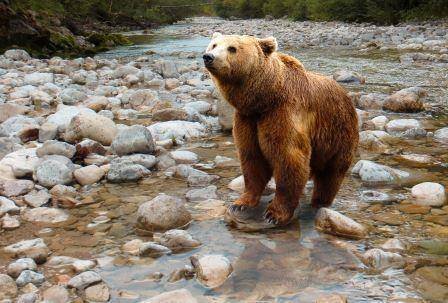
Wild animals are just fine in their natural setup. They can attack if provoked meaning that you should not approach them. Once more, learn to put your camera or binoculars to use. Give them some space and simply enjoy the view from a distance. Additionally, cease feeding or giving human food to wildlife.
7. Be Considerate of Other Visitors
Most parks or campsites have rules and guidelines on how things should be done. You have to learn and stick to trail etiquette as some of these areas are shared. This ensures that other visitors make the most out of time in the wild as well. Rowdiness and improper pet management are some of the ill practices to stay away from. Learn here to carry all the supplies for your pet in a dog backpack.
What is the Leave No Trace Policy?
This policy is a combination of best practices and principles spearheaded by the Leave No Trace Center of Outdoor Ethics. These principles are to be adopted by outdoor lovers across the world in ensuring that they do not harm the wilderness in the course of having fun.
What does no trace mean?
It implies zero evidence of human corruption in the environment. If we are to apply the phrase in the current topic, leaving no trace to the wilderness implies that the outdoor setup remains undisturbed by recreational impact or it retains its natural form.
What are outdoor ethics?
Outdoor ethics are beliefs or a way of existence in a world where the natural state of the environment is given top priority. This is achievable through positive decisions geared towards making the wilderness better in spite of recreational activities. Leave No Trace features a combination of outdoor ethics designed to conserve the outdoor environment.
What are the three levels of Leave No Trace training?
Awareness courses
Online Awareness Course
How did leave no trace start?
The program was started to curb the ecological damage that recreation brought upon the environment. It was after studies in the 1920s revealed massive trampling of vegetation as a result of outdoor activities. Leave No Trace came to be in the late 1970s after increased awareness of proper outdoor ethics and the impacts of recreational use on the wilderness.
Final Verdict
It is upon anyone that enjoys time outdoors to respect and look out for Mother Nature by holding onto the seven principles of the Leave No Trace movement.
Being a hiking enthusiast and nature lover, share your experience and your contribution towards the minimum impact on our nature. Motivate our readers and outdoor enthusiasts to keep Mother nature unaltered. Share your views here.

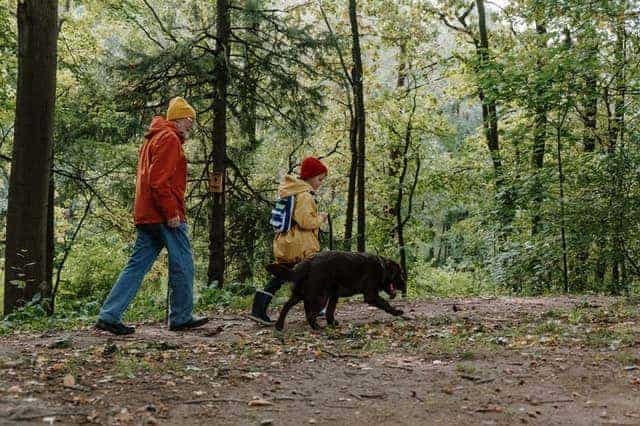
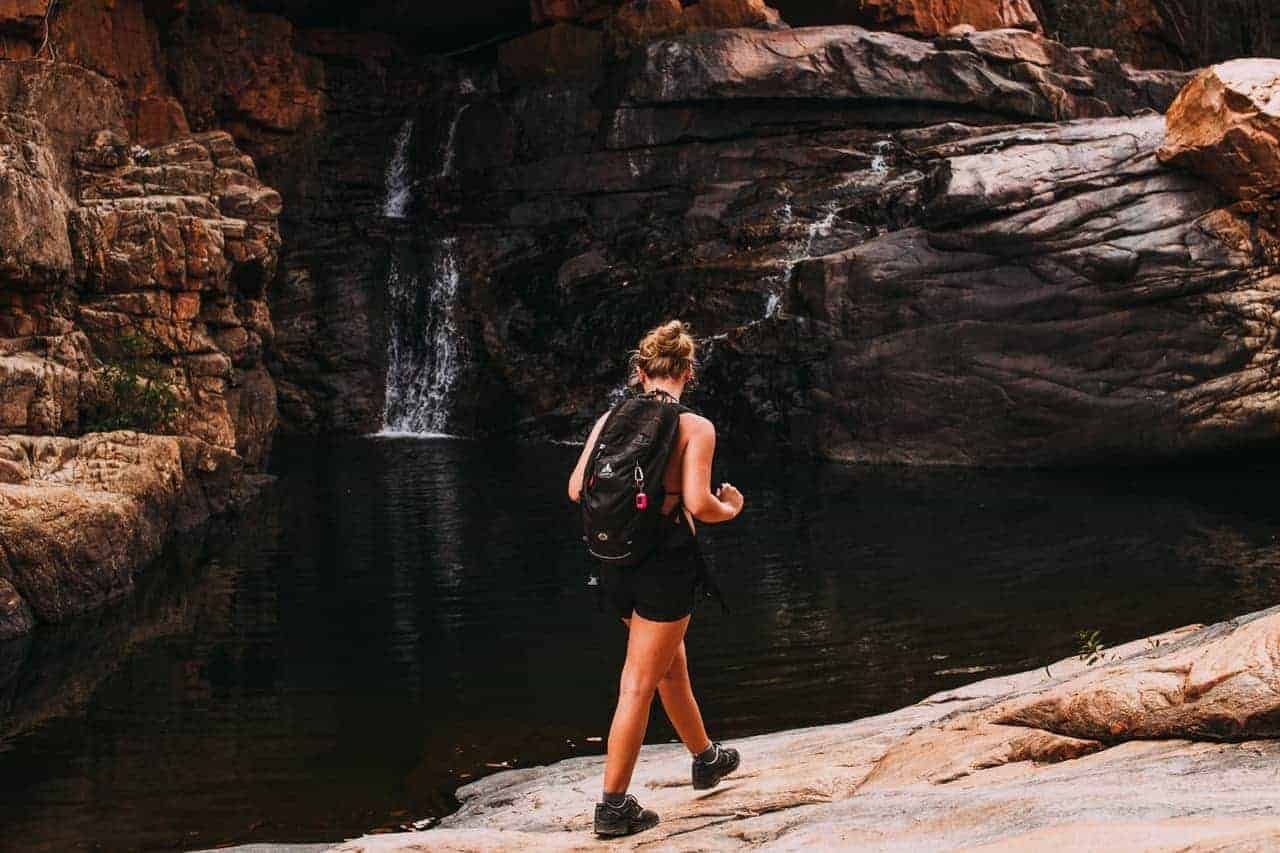
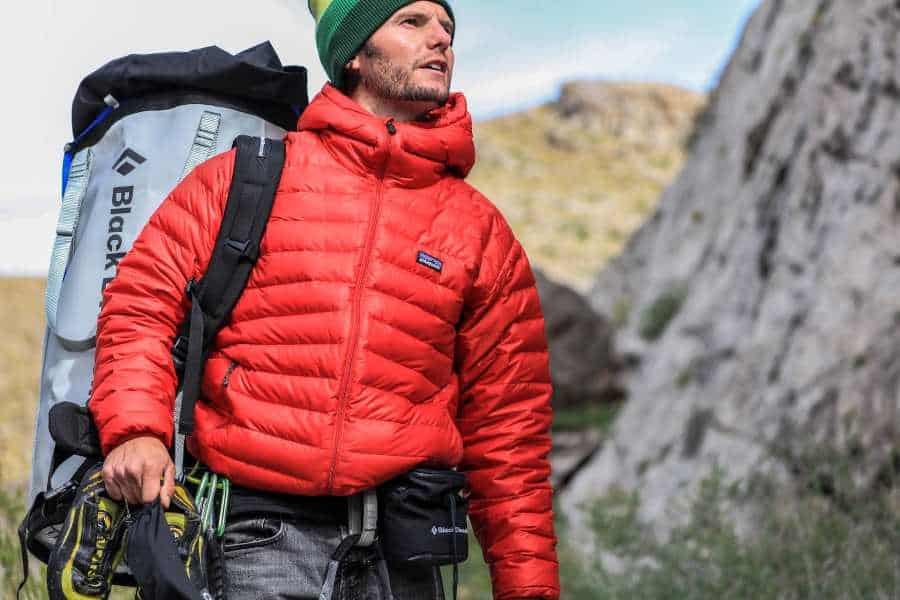
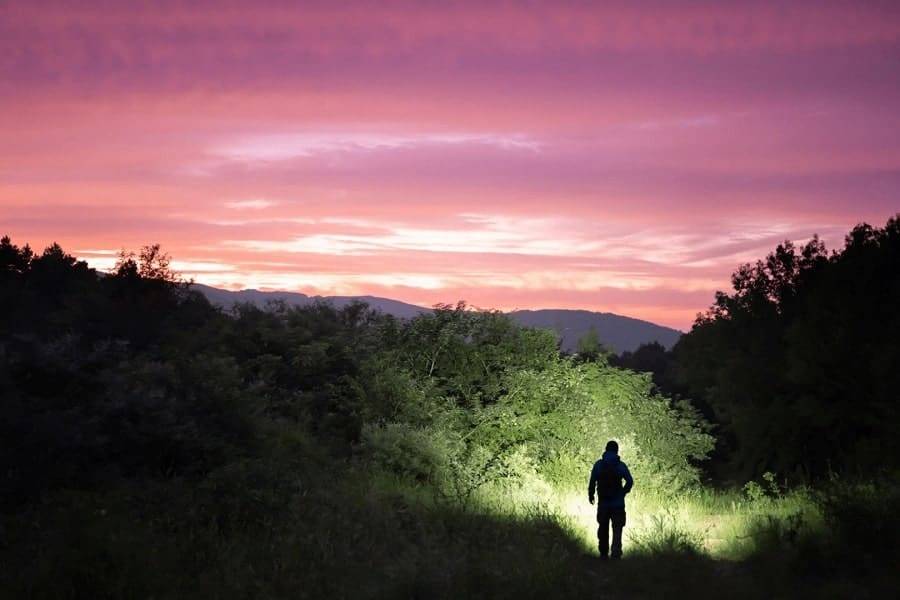
Hello there, I discovered your website by means of Google while searching for a similar subject,
your website came up, it appears great. I’ve bookmarked it in my google bookmarks.
Hello there, simply changed into alert to your blog through Google,
and located that it is really informative. I’m gonna watch out for brussels.
I will appreciate when you proceed this in future. Numerous people can be benefited out of your writing.
Cheers!